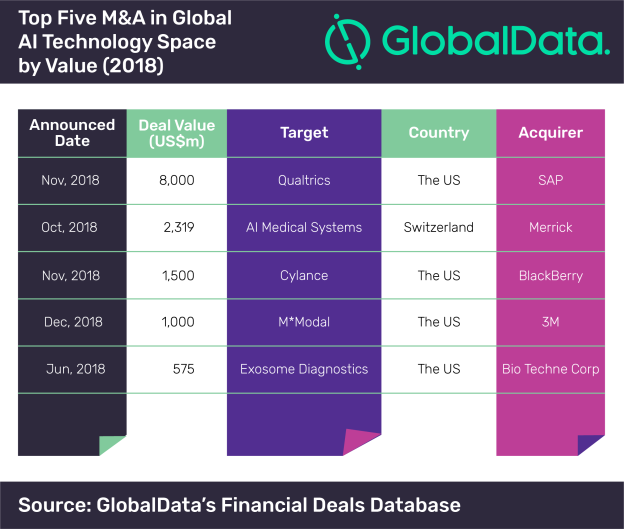The following is adapted from Rock the Recession: How Successful Leaders Prepare for, Thrive During, and Create Wealth After Downturns.
The highest-performing companies don’t fear recessions—they look forward to them.
The idea sounds counterintuitive, we know. What possible reason would a business leader have to want an economic downturn?
The answer is simple. A recession, properly planned for, can present opportunities for growth that would otherwise take a decade or more to pan out, like mass purchasing expensive assets for cheap, acquiring other companies, and convincing top-shelf talent to join your team.
By following the four steps outlined below, you can plan ahead and set your company up to not only survive the next recession, but use it to fuel your growth.
Create Uncontested Market Space
Rather than struggling to beat the competition and exploit existing demand during a recession, the more strategic route is to create uncontested market space (read the book Blue Ocean Strategy by W. Chan Kim and Renée Mauborgne for more on this topic). Doing so, of course, is easier said than done and requires creativity and drive, but if you can successfully pivot to a new market, the payoff of a less-crowded space will be worth it.
Research shows that “companies that successfully adapt can emerge stronger than ever,” while those that do not “face a Darwinist reality” (Journal of Business Research). Why fight the competition when you can make them irrelevant?
The best way to create uncontested market space is to adopt new technology and use it to differentiate your service from your competitors’ before they get the chance to do the same. Find a way to solve a problem for your customers that no one else has solved. Embrace technology as a way to both create a better user experience on your clients’ end and to save labor on yours.
You’ll be able to integrate new tech into your company with fewer hiccups if you follow the next step and look ahead to your end goal.
Begin With the End in Mind
Look at your business goals from a strategic perspective by beginning with the end in mind. In other words, look ahead to what would happen in an exit situation.
Consider, for example, how an acquirer might pay seven to eight times earnings for an annuity service business, but they would only pay book value, or at most two to three times earnings, for a one-off project business. Use these predictions to plan how you want to diversify or grow your business to maximize its value.
Growing your company in a good economy will make you more likely to survive a recession because, in general, bigger companies tend to fare better. By looking ahead, you’ll know where to invest your money and efforts to reach the goals you have in mind.
This step naturally ties into the next, which involves bridging the gap between your beginning and end states.
Bridge the Gap
Once you have an end goal in mind, you need a plan to bridge the gap between where you are now and where you want to go.
For example, if you aim to go from $25 million to $100 million in revenue, and want to enter different markets, but don’t have the in-house talent to do it, then what you have is a “talent gap.” One way to close that gap could be through acquisitions.
Similarly, if you want to adopt continuous improvement practices within your company but don’t have anyone on your team who is an expert—that would also be a talent gap. Hire a “lean” expert.
Identify your gaps and come up with a timely, actionable plan to fill them.
Create Your “To-Buy” List
You have your market, your goal, and your plan. Now you just need to seize the opportunity created by a recession and acquire assets while the price is low.
As a general rule, everything is cheaper in a recession. Talent is cheaper. So is the competitor you want to acquire. And when banks are looking to dump assets that they’ve already written off—assets they just want to get off their books—that’s when you can score some of the best deals.
By planning out what you want to acquire—and maintaining enough liquidity to buy it—you can strike as soon as the recession hits, giving you first pick of assets while your competitors scramble to find the capital.
Hopefully, being armed with this four-step plan will turn your recession fears into anticipation. Start creating market space, setting goals, laying out actions to make them happen, and writing your to-buy list, and you’ll be well positioned to experience enormous growth when the recession finally hits.
For more advice on recession planning, you can find Rock the Recession on Amazon.
____________________________________________________________-
Jonathan Slain and Paul Belair founded Recession.com to give entrepreneurs a free tool to assess their recession readiness at Recession.com/Ready.
Jonathan Slain spent the Great Recession huddled in the fetal position on the floor of his office. He borrowed $250,000 from his mother-in-law to survive. Jonathan paid his mother-in-law back and is now a highly sought-after consultant (and, yes, he’s still married!). Jonathan leverages his experience in investment banking and as an entrepreneur on the keynote speaking circuit because he doesn’t want anyone else to have to borrow money from their mother-in-law in the next recession.
Paul Belair wasn’t scared when the Great Recession hit. He invested $1 million to purchase a business and just five years later sold it for over $70 million dollars. He achieved an American dream exit by using the Recession Gearbox model outlined in this book to create an intentional recession preparation plan. Paul is a CPA and an MBA, and currently serves as chair of the Young Presidents’ Organization Construction Industry Network.














